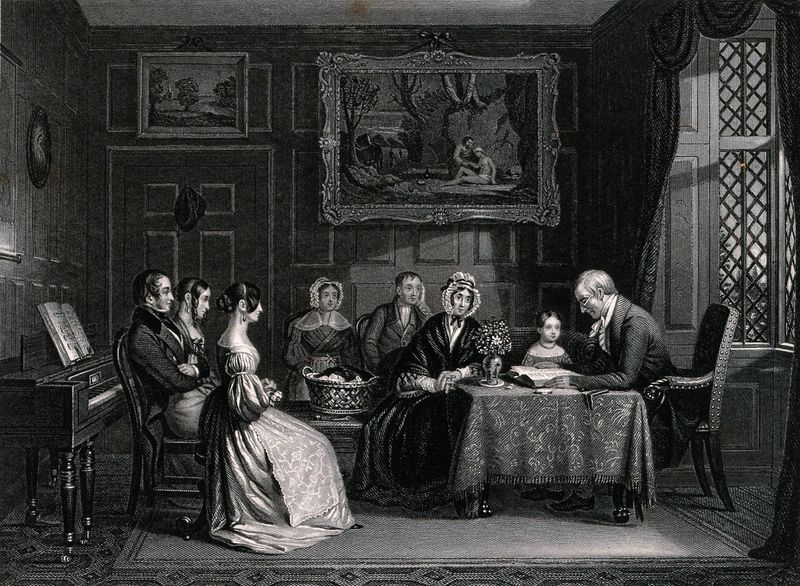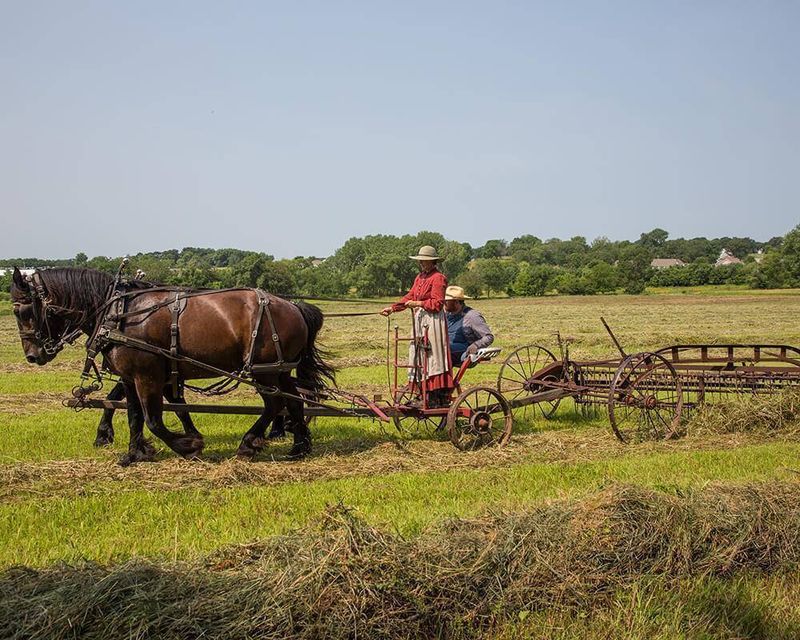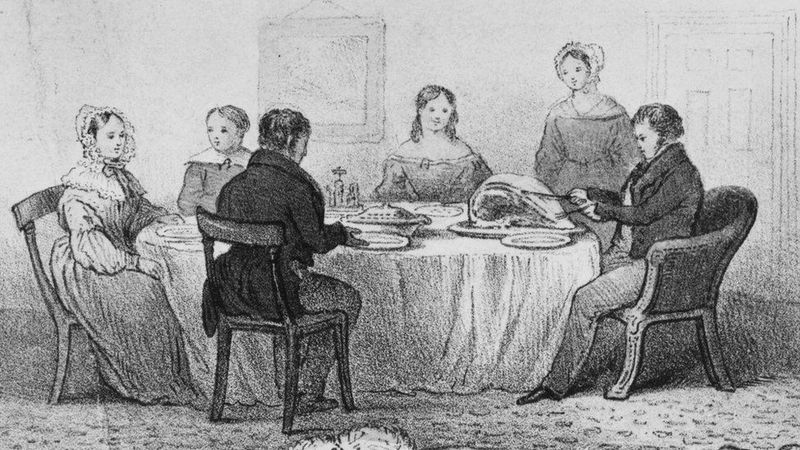Throughout history, educational curricula have evolved, leaving some subjects behind. These forgotten subjects once played a crucial role in shaping well-rounded individuals. Here, we explore 12 such subjects that were once essential in schools, aiming to shed light on their significance and unique charm.
1. Elocution

“Stand tall and speak clearly!” Elocution was more than just speaking; it was an art form. Students were taught how to speak with confidence and clarity, allowing them to express themselves eloquently. This subject emphasized posture, tone, and diction, important elements in public speaking and communication.
Elocution classes often included reciting poetry, famous speeches, and even engaging in debates. The skills gained were invaluable, equipping students to engage in society effectively.
While it may seem outdated today, elocution nurtured a generation of articulate and expressive individuals, instilling poise and grace in every word uttered.
2. Penmanship

In an age where typing dominates, penmanship is a lost art. Once a staple in schools, students spent hours perfecting their cursive writing. The elegance of each letter, the fluidity of words, and the pride in a well-written page were central to this subject.
Penmanship wasn’t just about writing neatly; it was about developing discipline and patience. The methodical strokes of the pen required focus and care.
As keyboards replace pens, the beauty of handwritten notes fades, but penmanship taught students to appreciate the art and effort behind every written word.
3. Latin

Did you know that Latin was once the cornerstone of a good education? Though considered a dead language today, it was once vital. Learning Latin allowed students to read classical literature, understand scientific terminology, and appreciate Western history.
This ancient language fostered critical thinking and a deeper understanding of linguistic roots. Students who mastered Latin often excelled in other languages, thanks to the foundational skills it provided.
Though it has vanished from most curricula, Latin was more than vocabulary; it was a gateway to a rich cultural and intellectual heritage.
4. Home Economics

Whisking, sewing, budgeting – home economics was once a rite of passage. This subject taught vital life skills, preparing students for adulthood. From cooking nutritious meals to managing household finances, home economics covered it all.
Students learned practical and essential skills, setting them up for independence. The emphasis was on resourcefulness and self-sufficiency, values that remain relevant today.
While the subject has shifted or disappeared in many schools, its value in teaching self-reliance and domestic skills is undeniable, offering lessons that resonate long after graduation.
5. Rhetoric

The power of persuasion! Rhetoric was once central to education, teaching students how to argue compellingly and present ideas logically. Rooted in ancient Greece, this subject focused on the art of discourse and persuasion.
Rhetoric classes involved analyzing famous speeches and crafting arguments, honing students’ abilities to influence and engage audiences. It wasn’t just about speaking well; it was about thinking critically and constructing coherent arguments.
Though rhetoric has faded from many curricula, its techniques are still relevant, shaping effective communicators who can sway opinions with their words.
6. Calligraphy

With brush in hand, calligraphy students created art with every stroke. Calligraphy was more than writing; it was a form of self-expression and discipline. Originating in ancient China, this subject taught students to create beautiful, flowing characters.
Each brush stroke required precision and concentration, turning writing into a meditative practice. Calligraphy fostered patience and attention to detail, qualities that enhanced other academic pursuits.
Though keyboards have replaced brushes, calligraphy remains a cherished art form, reminding us of the beauty and discipline in every carefully crafted character.
7. Agriculture

Hands in the soil, hearts with the land. Agriculture classes connected students to nature and the earth. Students learned essential farming techniques, understanding the cycles of planting and harvesting.
This subject emphasized sustainability and self-sufficiency, teaching students to grow their own food and care for livestock. It instilled a sense of responsibility and respect for the environment.
While agriculture has evolved into specialized studies, its foundational lessons in stewardship and sustainability continue to resonate, reminding us of the vital relationship between humanity and nature.
8. Classical Music Appreciation

Let’s hear the symphony of classical music appreciation! This subject immersed students in the world of Mozart, Bach, and Beethoven, teaching them to appreciate the nuances of classical compositions.
Students learned about music theory, the structure of symphonies, and the historical context of famous works. This fostered a deep appreciation for musical artistry and creativity.
While modern music dominates the airwaves, classical music appreciation cultivated a lifelong love and understanding of music’s rich tapestry, enriching students’ cultural and artistic awareness.
9. Etiquette

“Mind your manners!” Etiquette classes were about more than forks and knives. Students learned the art of social interaction, mastering the subtleties of polite conversation and graceful conduct.
These classes prepared students for society, emphasizing respect and consideration for others. From dining etiquette to letter writing, the lessons were comprehensive.
Though often seen as old-fashioned, etiquette classes instilled timeless values of civility and kindness, shaping individuals who navigated social landscapes with ease and elegance.
10. Philosophy

“Why do we exist?” Philosophy classes invited students to ponder life’s big questions, engaging in deep discussions about morality, existence, and knowledge.
This subject fostered critical thinking and open-mindedness, encouraging students to question assumptions and explore various perspectives. It was about developing a thoughtful and reflective mindset.
Though philosophy is less common in schools today, its teachings on reasoning and ethics continue to influence thinkers, reminding us of the importance of introspection and intellectual curiosity.
11. Drafting

Precision and creativity met in drafting classes. Students learned technical drawing skills, creating detailed architectural designs and engineering plans.
Drafting emphasized accuracy and spatial awareness, teaching students to visualize and construct intricate designs. It combined art with science, offering a unique approach to problem-solving.
Though CAD software has taken over, the foundational skills of drafting remain valuable, shaping meticulous thinkers who appreciate the blend of form and function in design.
12. Natural History

Exploring the wonders of the natural world! Natural history classes took students on a journey through Earth’s biodiversity, studying plants, animals, and minerals.
This subject encouraged curiosity and observation, teaching students to appreciate the complexity and interconnectedness of life. Field trips and specimen collections were integral parts of the curriculum.
Though modern science has specialized, natural history instilled a sense of wonder and respect for nature, reminding us of the intricate tapestry of life that surrounds us.

